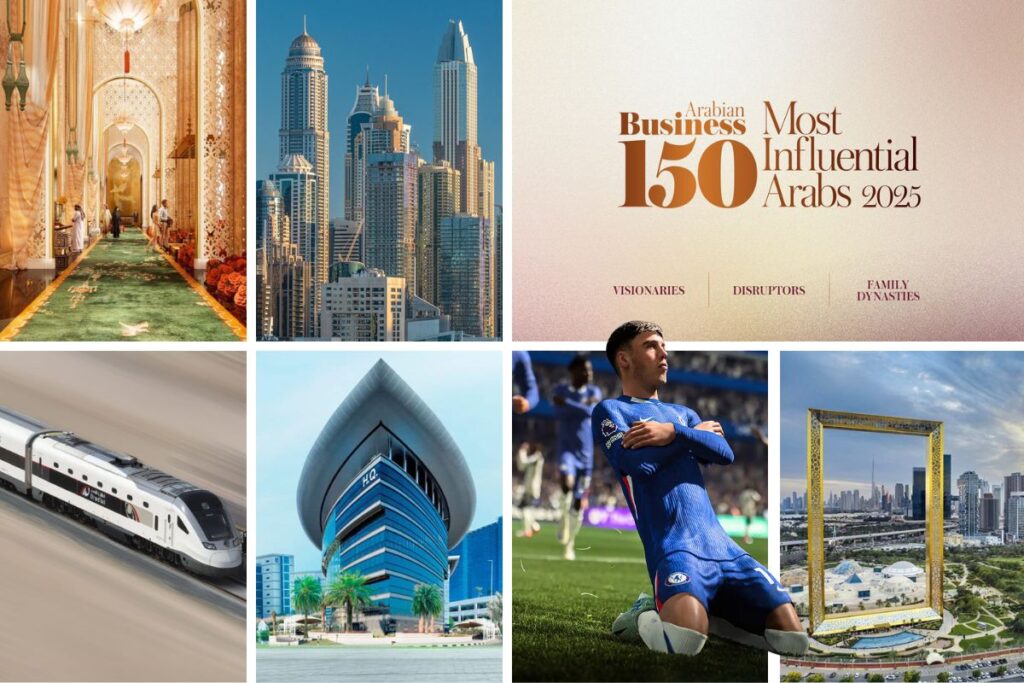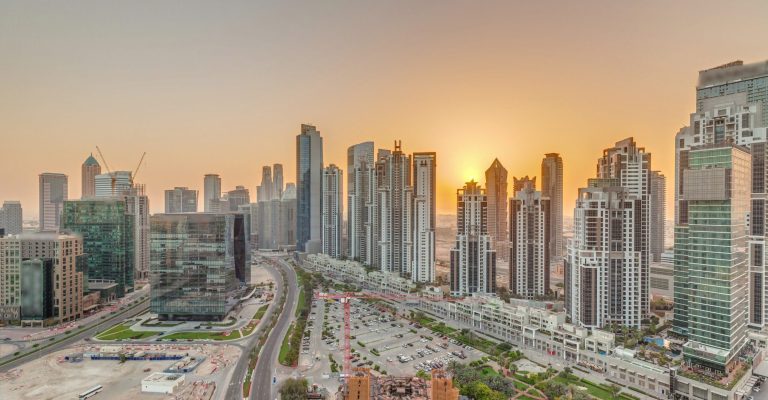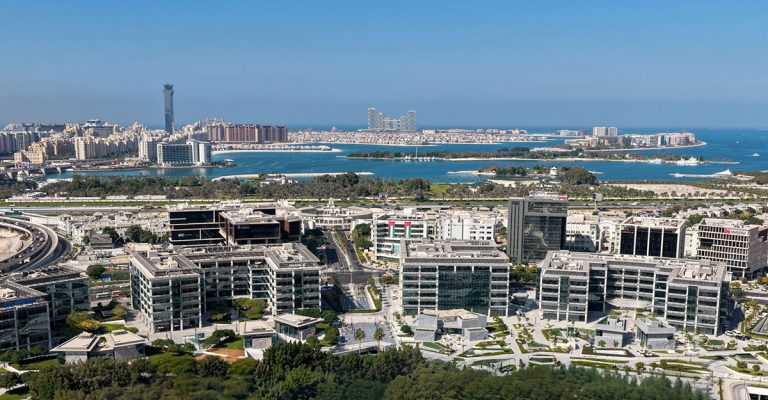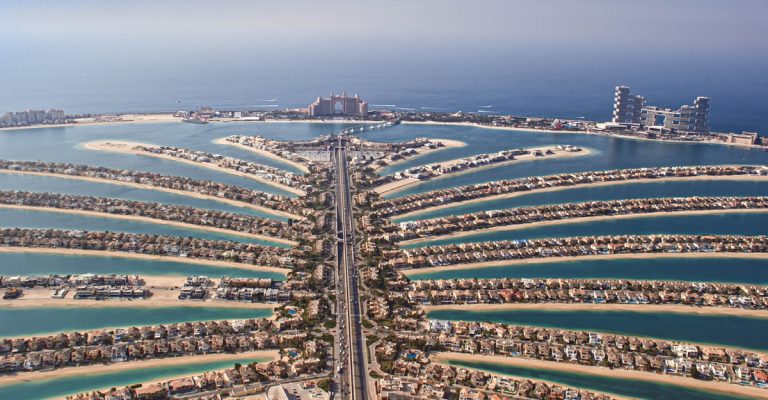
Dubai's Property Surge and Saudi's Gaming Takeover: Key Developments in the Gulf
The Gulf region continues to capture global attention with its dynamic developments across various sectors. This week, the spotlight is on Dubai’s booming real estate market, Saudi Arabia’s monumental gaming acquisition, and the UAE’s ambitious rail connectivity plans. These stories not only highlight the region’s economic vitality but also underscore its strategic positioning on the world stage.
Dubai’s Real Estate Market Defies Slowdown Predictions
Dubai’s real estate market has once again proven its resilience, with property sales reaching a staggering $14.8 billion in September 2025. This marks a 21.2% increase compared to the same period last year, according to data from Kelt and Co Realty. The city recorded 20,127 sales transactions, an 11.3% rise from September 2024, showcasing robust demand across various property types.
Despite earlier predictions of a slowdown, the market continues to thrive, driven by strong investor confidence and strategic urban developments. Firas Al Msaddi, CEO of fäm Properties, emphasized that those who hesitated due to slowdown fears missed significant opportunities. He highlighted Dubai’s exceptional ability to recover swiftly from global economic challenges, including the 2009 financial crisis and the COVID-19 pandemic.
The breakdown of sales reveals a diverse market: apartments led with 17,112 transactions worth $8.7 billion, while villa sales saw a decline to 955 transactions valued at $1.4 billion. Commercial properties and plots also showed significant activity, reflecting a balanced growth across the sector.
Saudi Arabia’s Historic Gaming Acquisition
In a groundbreaking move, Saudi Arabia’s Public Investment Fund (PIF) has spearheaded the world’s largest gaming acquisition, purchasing Electronic Arts (EA) for $55 billion. This all-cash transaction, conducted alongside Silver Lake and Affinity Partners, marks a historic moment in the gaming industry.
The acquisition, which values EA at a 25% premium over its recent share price, underscores Saudi Arabia’s strategic investment in entertainment and technology sectors. The PIF’s existing 9.9% stake in EA will be rolled over, enhancing its influence in the global gaming market. This deal not only highlights the kingdom’s financial clout but also its vision to diversify its economy beyond oil.
UAE’s Rail Network Set for Major Expansion
The UAE is on track to revolutionize its national transport infrastructure with the Etihad Rail project, set to connect 11 cities by 2026. This ambitious plan promises to transform travel across the nation, offering a 57-minute journey between Dubai and Abu Dhabi.
Etihad Rail aims to deliver a state-of-the-art rail system that enhances connectivity and meets international standards for safety and efficiency. The project aligns with the UAE’s broader vision of integrated and sustainable urban development, facilitating smoother transit for residents and boosting economic activities between key urban centers.
Ras Al Khaimah’s Leap into Air Mobility
In another innovative stride, Ras Al Khaimah has signed a Memorandum of Understanding with Joby Aviation and Skyports Infrastructure to launch the UAE’s first air taxi service by 2027. This initiative is set to redefine urban mobility, reducing travel times to a mere 15 minutes between Dubai and Ras Al Khaimah.
The project reflects the UAE’s commitment to futuristic and sustainable transport solutions, enhancing the quality of life and positioning Ras Al Khaimah as a hub for tourism and investment. The air taxi service is poised to offer a unique travel experience, further integrating the emirate into the national and global economy.
Legal Clarity in Dubai’s Real Estate Sector
In a significant legal development, Dubai has clarified the obligations of property buyers regarding service fees in jointly owned buildings. The Rental Disputes Centre has ruled that buyers are liable for these charges from the project’s completion, even before formal handover.
This ruling resolves longstanding disputes between developers and buyers, ensuring a more transparent and fair real estate market. It is grounded in Law No. (6) of 2019, which governs the management and maintenance of common areas, thereby safeguarding the interests of all stakeholders involved.
Conclusion
The recent developments in the Gulf region highlight a period of significant transformation and growth. From Dubai’s thriving real estate market to Saudi Arabia’s strategic gaming acquisition, and the UAE’s ambitious transport projects, the region is setting new benchmarks in economic diversification and innovation. These initiatives not only enhance the quality of life for residents but also position the Gulf as a pivotal player on the global stage, attracting investment and talent from around the world.
Source: the original article


